Burundi on Tuesday marked 63 years since gaining independence from Belgian colonial rule with grand celebrations in the economic capital, Bujumbura. The occasion, however, was overshadowed by sharp political rhetoric from President Evariste Ndayishimiye and renewed warnings from the opposition about the country’s democratic trajectory.
Addressing thousands at the National Stadium Intwari, President Ndayishimiye used the platform to promote economic self-reliance while launching stinging criticism at opposition figures he accused of undermining national sovereignty by turning to international organizations for support.
“Any Burundian who faces a problem in their country and goes abroad to look for a solution has not yet understood what independence truly means,” said the president, referring to opposition politicians who, after losing recent elections, sought the intervention of the United Nations and the African Union.
Drawing parallels to the pre-independence era, Ndayishimiye likened these actors to members of the PDC party, which had advocated for continued Belgian rule in the lead-up to the country’s 1962 independence. “So now, is the UN going to elect them?” he asked. “These people still carry the old spirit of the PDC.”
In a national address broadcast on the eve of Independence Day, the president stressed that “true independence” goes beyond political sovereignty — it must also include economic self-sufficiency. “It means understanding that you must live off the fruits of your own labour,” he said, while also cautioning against isolationism.
Push for Self-Reliance, But Economic Struggles Persist
President Ndayishimiye praised what he described as progress in national development, particularly in tackling hunger and improving housing. Yet, he acknowledged the country still faces steep challenges.
“We now recognize where we had previously failed,” he admitted. “First, we lacked competent leadership to manage and safeguard public resources. Second, we failed to realize that we are capable and resourceful.”
He criticized some officials for complacency and poor leadership. “We still see leaders who continue to act irresponsibly… even though they themselves are supposed to be setting the example for others,” he said.
Despite President Ndayishimiye’s optimism, many Burundians continue to face severe economic challenges. Speaking to Channel Africa, the international broadcasting service of the South African Broadcasting Corporation (SABC), political analyst Zenon Ndayisenga has said that persistent shortages of fuel, water, and electricity—especially in Bujumbura and other urban areas—underscore a widening gap between official rhetoric and the daily struggles of ordinary citizens.
Opposition Decries Democratic Backsliding
As the government celebrated the independence milestone, some opposition parties were conspicuously absent from official events. The APDR party condemned what it called a deliberate exclusion of political opponents from national celebrations.
“Political parties were not invited to the ceremonies, contrary to previous years,” the APDR said in a statement posted on social media. “In some locations, entry reportedly required a written invitation.”
The party accused the ruling CNDD-FDD of tightening its grip on power and stifling pluralism. “The role and space for political parties in Burundi is increasingly shrinking,” the statement read. “The APDR calls on Burundians to remain vigilant and not to accept any backsliding in the practice of multiparty democracy.”
Zenon Ndayisenga shared similar concerns, pointing out the near absence of opposition voices in the current parliament. He observed that since gaining independence in 1962, Burundi has largely been ruled by military figures who have had difficulty embracing democratic ideals.
“From 1962 to today, Burundi has been governed almost entirely by military leaders who struggle to uphold democratic principles,” he said, adding: “Now the parliament is effectively closed to opposition parties, which undermines democratic governance and civil liberties.”

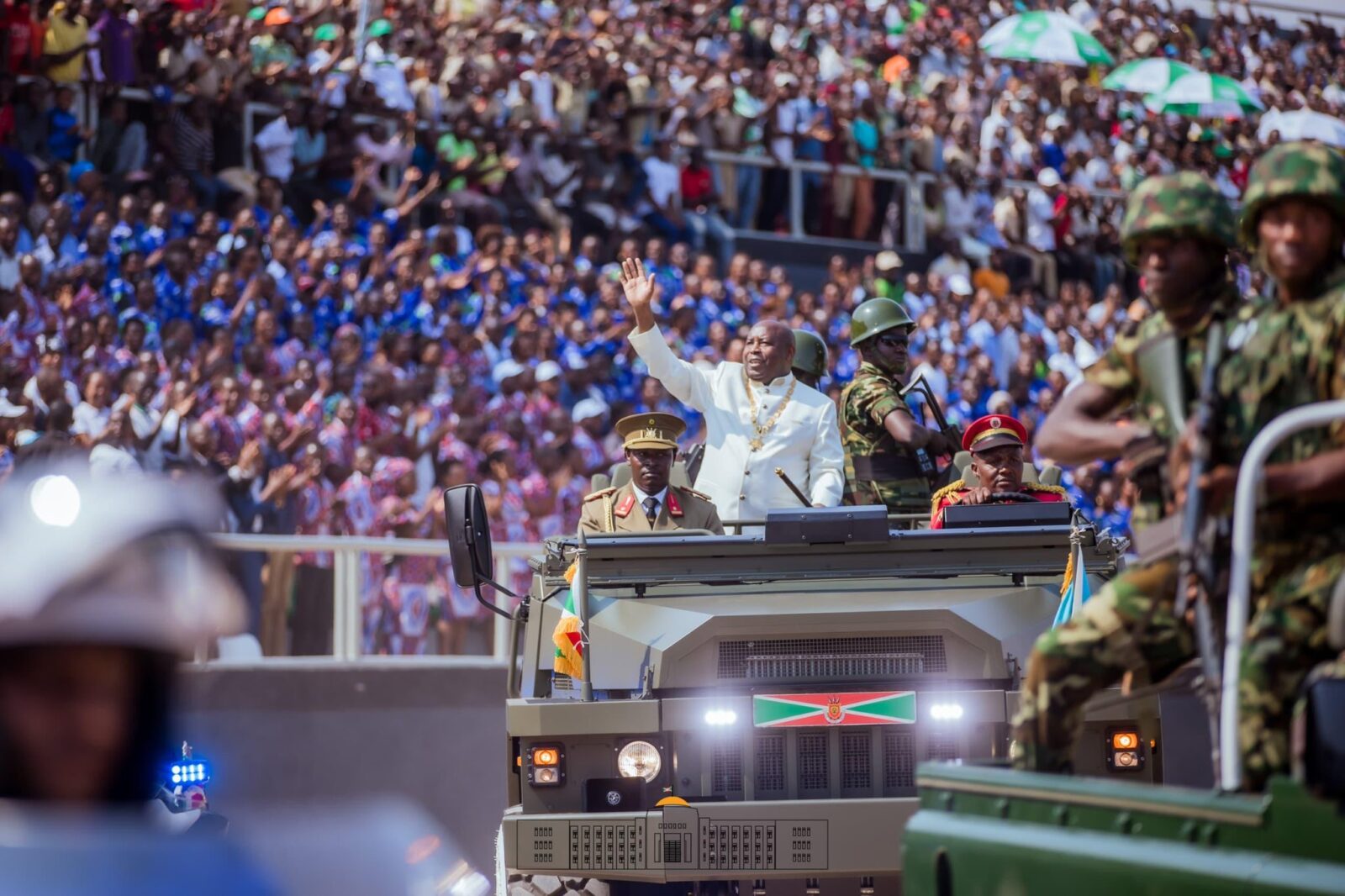
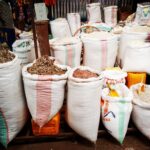
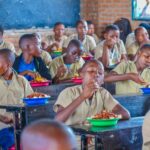
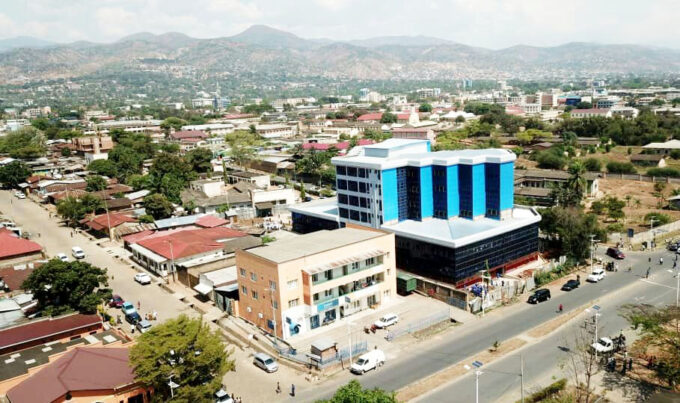
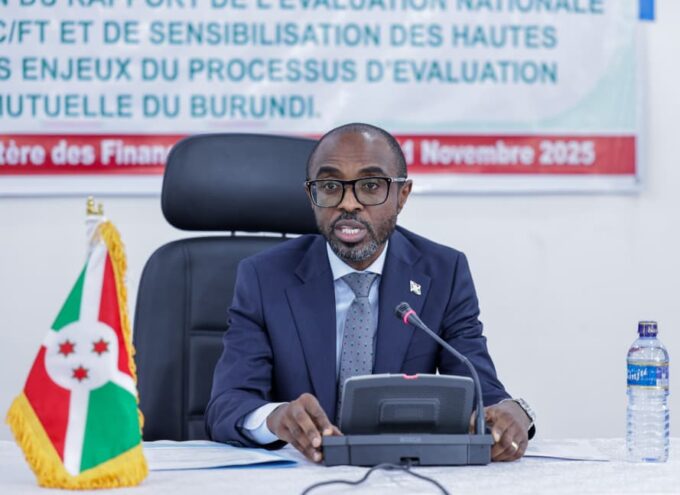
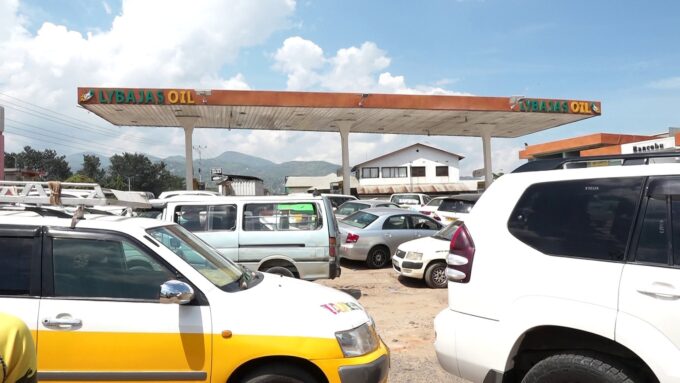
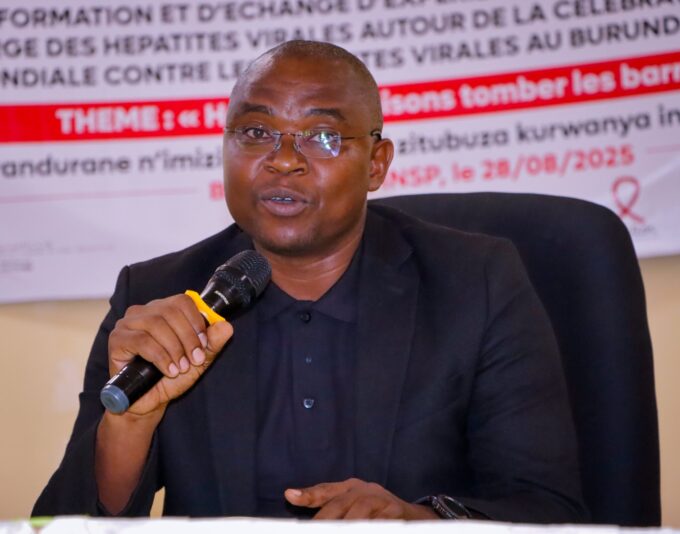
Leave a comment